Award-Winning African Artist Shishani Releases Video for New LGBT Equality Anthem, “Minority”

“You’ve got rules telling me what to do
But is there anybody checkin’ up on you?”
Award-winning acoustic soul artist, Shishani, has just released the music video for her latest single titled, “Minorityâ€, a catchy, upbeat, acoustic track that calls for freedom and equality for all people despite perceived differences.
Shishani got her big break when she performed at the 2011 Namibian Annual Music Awards in the capital city of Windhoek, where it’s still illegal to be gay. And though, she says, she’s made no real attempts to hide her sexuality, she hasn’t come out as an “out lesbian artist†till now.
“I wanted people to get to know my music,†she says, “Sexuality doesn’t matter. It’s like pasta — asking if you prefer spaghetti or macaroni. It just doesn’t matter… I’m an artist first, before being a gay artist.â€
Born to a Namibian mother and a Belgian father, Shishani spent her early childhood in Windhoek, before her family relocated. Due to her mixed race ancestry, the curly-haired songstress is no stranger to discrimination, but is candid about enjoying a relatively liberal upbringing in the Netherlands, known for its liberal social policies, including legal protections of Lesbian, Gay, Bisexual, Transgender, and Intersex (LGBTI) people.
“Being raised abroad gives you a certain freedom… It took some time before my parents were okay talking about stuff, but eventually we did. I was even able to live with my partner of four years…  But living in Namibia, it became so clear to me how much more people are discriminated against–and for a variety of different reasons, like their ethnicity and sexuality.â€
Homosexuality is illegal in a number of countries in Africa, and Namibia is no exception. Even though Namibia has been independent for over 20 years, and its constitution views all people equal under the rights of the law, punitive colonial laws against sodomy (though not enforced) have remained. Thus, LGBTI people risk harassment  and violence due to a strong culture of stigma in part reignited by religious leaders and government officials.
In 2001, past President Najoma’s called for “anyone caught practicing homosexuality to be arrested, jailed, and deportedâ€. And, just over a year ago, Namibia’s first gay pageant winner, Mr. Gay Namibia, was beaten and robbed shortly after securing his title.
But Shishani, who upon her return in 2011, found a safe haven in Windhoek’s art performance communities, is optimistic that the current climate for gays will improve. She recently became an honorary member of the board of Out Right Namibia (ORN), a human rights advocacy organization that aims to address widespread homophobia in the country, and is eager to continue evolving as an artist, while using her platform as a musician to advocate for freedom and equality.
 Since her breakout two years ago, Shishani has released indie tracks such as “Raining Wordsâ€, an acoustic ballad about a new relationship, “Clean Countryâ€, a soulful, melodious call to action to raise awareness about climate change, and–inspired by Alicia Keys’ chart-topping tribute to New York–“Windhoek”, a song that celebrates the beauty of her hometown.
Since her breakout two years ago, Shishani has released indie tracks such as “Raining Wordsâ€, an acoustic ballad about a new relationship, “Clean Countryâ€, a soulful, melodious call to action to raise awareness about climate change, and–inspired by Alicia Keys’ chart-topping tribute to New York–“Windhoek”, a song that celebrates the beauty of her hometown.
As a student of cultural anthropology and self-identified activist, it’s no surprise that her music has been described as a fusion of sounds from such socio-political music icons as Tracy Chapman, Bob Marley, and Nneka. “Minority†is the first single through which seeks to address the issue of same-sex love.
Alluding to the potential controversy of her new single, Shishani says, “Two years ago, I was really just trying to get my face out there…. When I returned to Namibia, I started booking my own gigs, performing solo, writing new songs. When I was invited to perform at the Namibian Music Awards, I was afraid to perform “Minority† because people didn’t know who I was yet. But to make a statement, you have to be strong.â€
As an African musician who identifies as being a part of the LGBTI community, the lyrics of “Minority†no doubt challenge the infamous meme “Homosexuality is unAfrican.” But, Shishan insists, her song is about much more than being gay.
“In Namibia, it also makes a difference what ethnicity you are. “Minority” argues for equal rights for all people regardless of their cultural backgrounds, economic status, sexuality, religion,†she says, “There is so much systemic discrimination against people, for so many reasons.â€
The release of “Minority†is timely; January is the month in which outspoken Ugandan LGBT activist, David Kato was bludgeoned to death in an anti-gay attack three years ago, sparking an outcry from fellow African human rights activists. January is also the month in which people in the U.S.–perhaps even all over the world–celebrate Dr. Martin Luther King, Jr., a powerful civil rights leader and icon. His call for freedom and equality of all people has been taken up by activists all over the world, including Shishani, whose lyrics echo his principles of love and unity.
“Homophobia all over the world comes from the same place; colonialism, apartheid, racial segregation. All our struggles are connected.â€
When asked about being a visible lesbian African artist, especially in light of the hardships experienced by LGBTI people in countries such as Uganda, Nigeria, South Africa, she says:
“My music is becoming more popular in Namibia. I’ve been working hard and trying to make my mark, so I feel stronger, now. I may lose some fans, but it’s okay. So many others have it way worse than me. So many others activists are risking much more. It is an honor to be viewed as a role model. So, if I can contribute to the movement through my music, I’m happy to, and I will.â€
Check out the video of Shishani’s new single, “Minority” below. To learn more about Shishani, visit her website at http://www.shishani.nl.
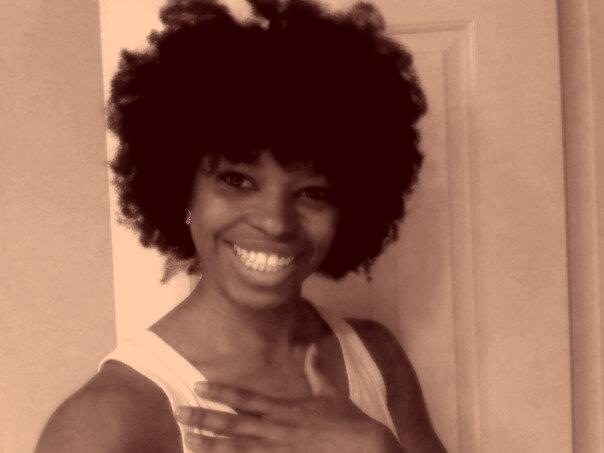
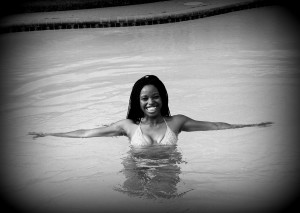
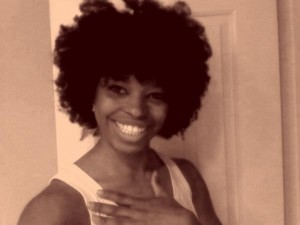 So there you have it: four lessons learned from four years deepening my relationship with God and re-commitment to practicing the core principles of my faith. I hope it offers some guidance to Christians who are still struggling to reconcile their spirituality with the LGBT community.
So there you have it: four lessons learned from four years deepening my relationship with God and re-commitment to practicing the core principles of my faith. I hope it offers some guidance to Christians who are still struggling to reconcile their spirituality with the LGBT community. 
 Recently,
Recently, 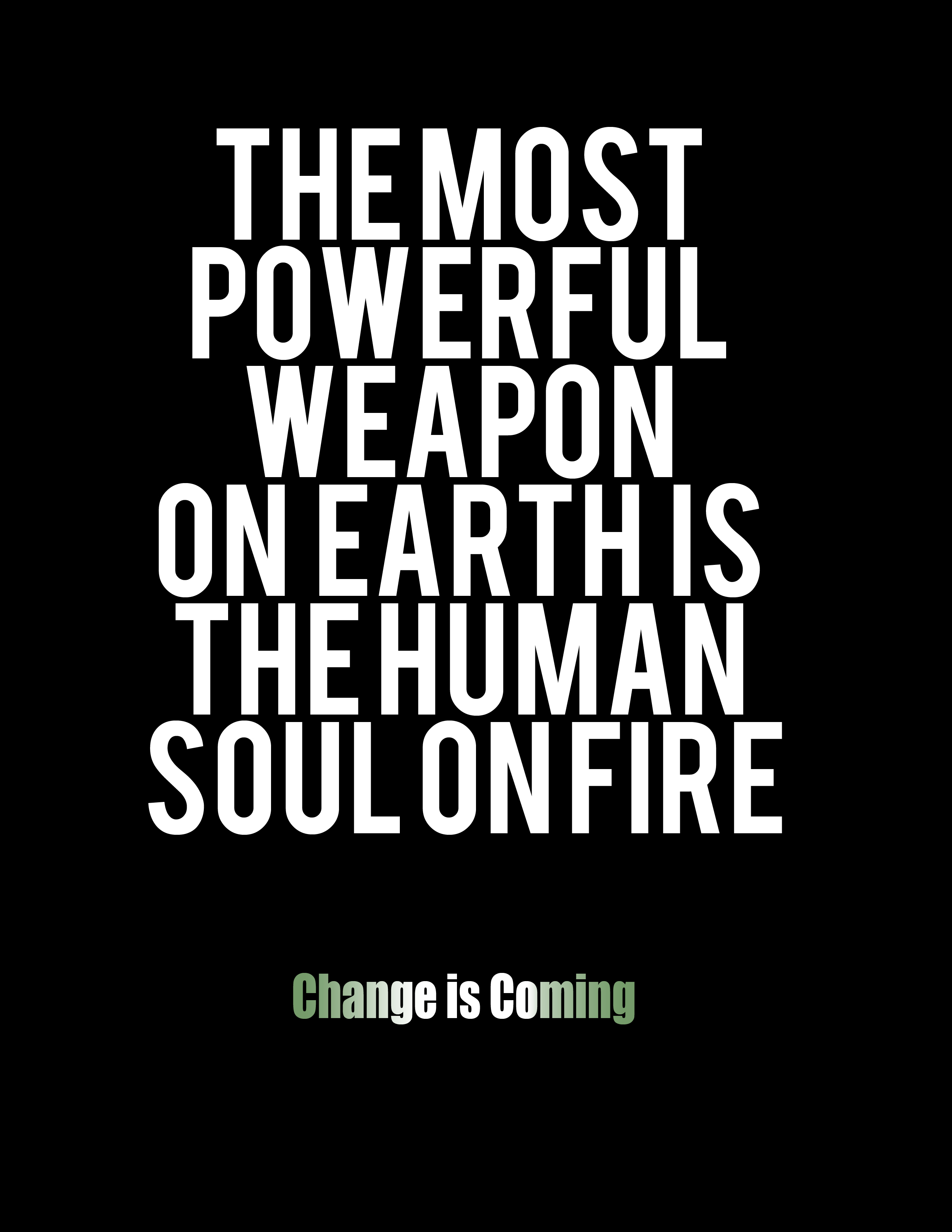
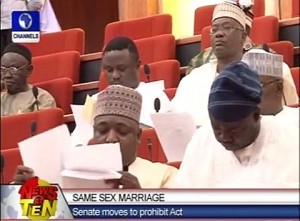 First off, Nigeria’s new
First off, Nigeria’s new 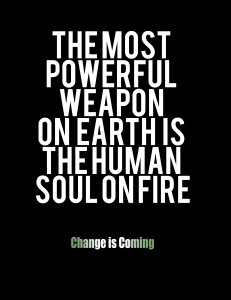 Nigerian LGBT activists — both in the country and outside of it — are standing up and fighting tirelessly for our liberation. They are bravelyÂ
Nigerian LGBT activists — both in the country and outside of it — are standing up and fighting tirelessly for our liberation. They are bravely 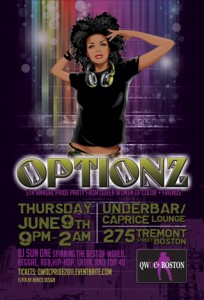
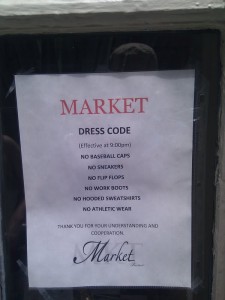 Great decision. Excellent. Yay for saying no to racism! But what I didn’t tell people, was that the new venue had a similar (albeit less overtly racist) dress code policy; a variation of the all too familiar Boston ‘dress code’ which goes something similar to “No hats, no sneakers, no do-rags, no athletic wear… women in dresses/skirts, men in collars etc” was prominently displayed on the wall by the entrance to their establishment. Here’s the picture on the right.
Great decision. Excellent. Yay for saying no to racism! But what I didn’t tell people, was that the new venue had a similar (albeit less overtly racist) dress code policy; a variation of the all too familiar Boston ‘dress code’ which goes something similar to “No hats, no sneakers, no do-rags, no athletic wear… women in dresses/skirts, men in collars etc” was prominently displayed on the wall by the entrance to their establishment. Here’s the picture on the right.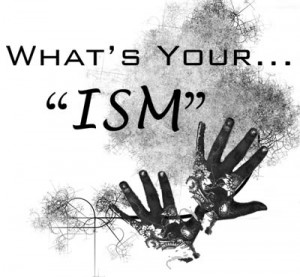
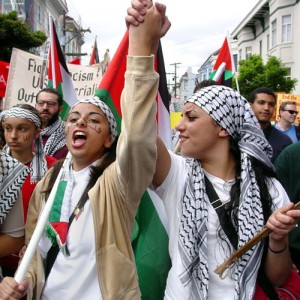 Activism, for so many of queer women of color, is a constant negotiation of which ism to address. We don’t have the luxury of snubbing everyone that offends us, or we would have no where to go. We can’t — and shouldn’t have to — fight everyone. As a direct consequence, for queer women of color, standing up for what is ‘right’ in the face of racism, sexism, transphobia, xenophobia — all issues that significantly impact our community — can sometimes mean drastically limiting access to resources that we need as a community. So, whereas we should never compromise our ethics (as in this case — for the sake of a good party), QWOC+ Boston’s work isn’t just about one event, not just about today. I don’t think that I speak out of turn when I say that we all work our asses off so that tomorrow can be better, for everyone.
Activism, for so many of queer women of color, is a constant negotiation of which ism to address. We don’t have the luxury of snubbing everyone that offends us, or we would have no where to go. We can’t — and shouldn’t have to — fight everyone. As a direct consequence, for queer women of color, standing up for what is ‘right’ in the face of racism, sexism, transphobia, xenophobia — all issues that significantly impact our community — can sometimes mean drastically limiting access to resources that we need as a community. So, whereas we should never compromise our ethics (as in this case — for the sake of a good party), QWOC+ Boston’s work isn’t just about one event, not just about today. I don’t think that I speak out of turn when I say that we all work our asses off so that tomorrow can be better, for everyone.